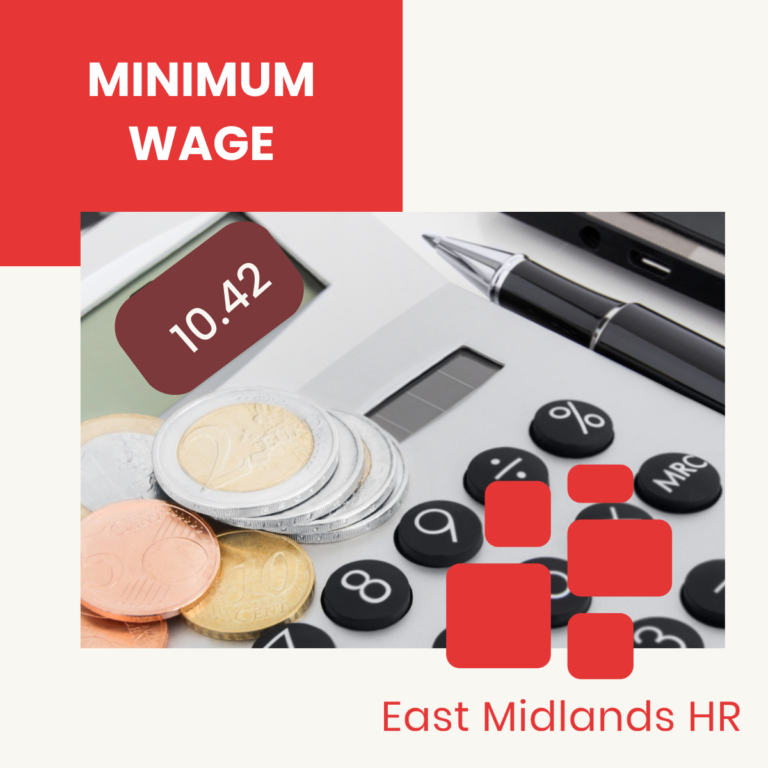
The minimum wage is the lowest amount that employers can legally pay their workers. In the United Kingdom, the minimum wage is set by the government and reviewed annually. The minimum wage is an important policy issue because it affects the lives of millions of people who rely on it to support themselves and their families.
The UK minimum wage was introduced in 1999 and has been steadily increasing ever since. As of April 2023, the minimum wage for workers, also known as national living wage, aged 23 and over will be £10.42 per hour. For workers aged 21-22, it will be £10.18 per hour, for workers aged 18-20, it will be £7.49 per hour, and for workers under 18 / apprentice, it will be £5.28 per hour. ACAS guidelines
 When minimum wage increases are paid
When minimum wage increases are paidThere are times when employees or workers will be entitled to a higher minimum wage rate, for example:
The higher rate starts to apply from the next pay reference period after the increase. This means someone's pay might not go up straight away.
Yes, as employers you need to check the pay without commission would not make the wage go below national minimum wage. If it does, you need to top it up.
Some deductions from pay or work-related expenses cannot reduce your pay below the minimum wage.
These include:
For example, employees might be required to buy a uniform for work. This is allowed as long as the total pay minus the uniform cost is still above the minimum wage.
It is important to keep accurate records, and we highly recommend your HR System or Payroll Software can do this for you. You may have a formal process for wage complaints and this is a much better way than an HMRC complaint or Employment Tribunal claim.
Calculating the hourly rate should be straight forward with Salary / 52.143 (weeks per year) / number of hours per week, but where there are low wages with shift patterns, you may want to check the hourly rate does not fall below depending on the hours worked in the month.
The minimum wage also has an impact on different sectors of the economy. For example, industries such as retail and hospitality, which employ a large number of minimum wage workers, may experience higher costs as a result of the minimum wage. This can lead to increased prices for consumers, reduced profits for businesses, and, in some cases, closures of businesses that are unable to absorb the additional costs. However, proponents of the minimum wage argue that the additional income earned by workers can lead to increased productivity and better job satisfaction, which can offset some of these costs.
Overall, the minimum wage is an important policy tool for ensuring that workers are paid a fair wage for work. While it can have unintended consequences, the benefits generally outweigh the costs. You prevent complaints being received at HMRC or via an employment tribunal route.
For more information:
East Midlands HR Limited is a company registered in England and Wales with company number 12030304. VAT registration number is: GB 337 82 52 82
E&OE
Need urgent HR advice - phone 01604 406443